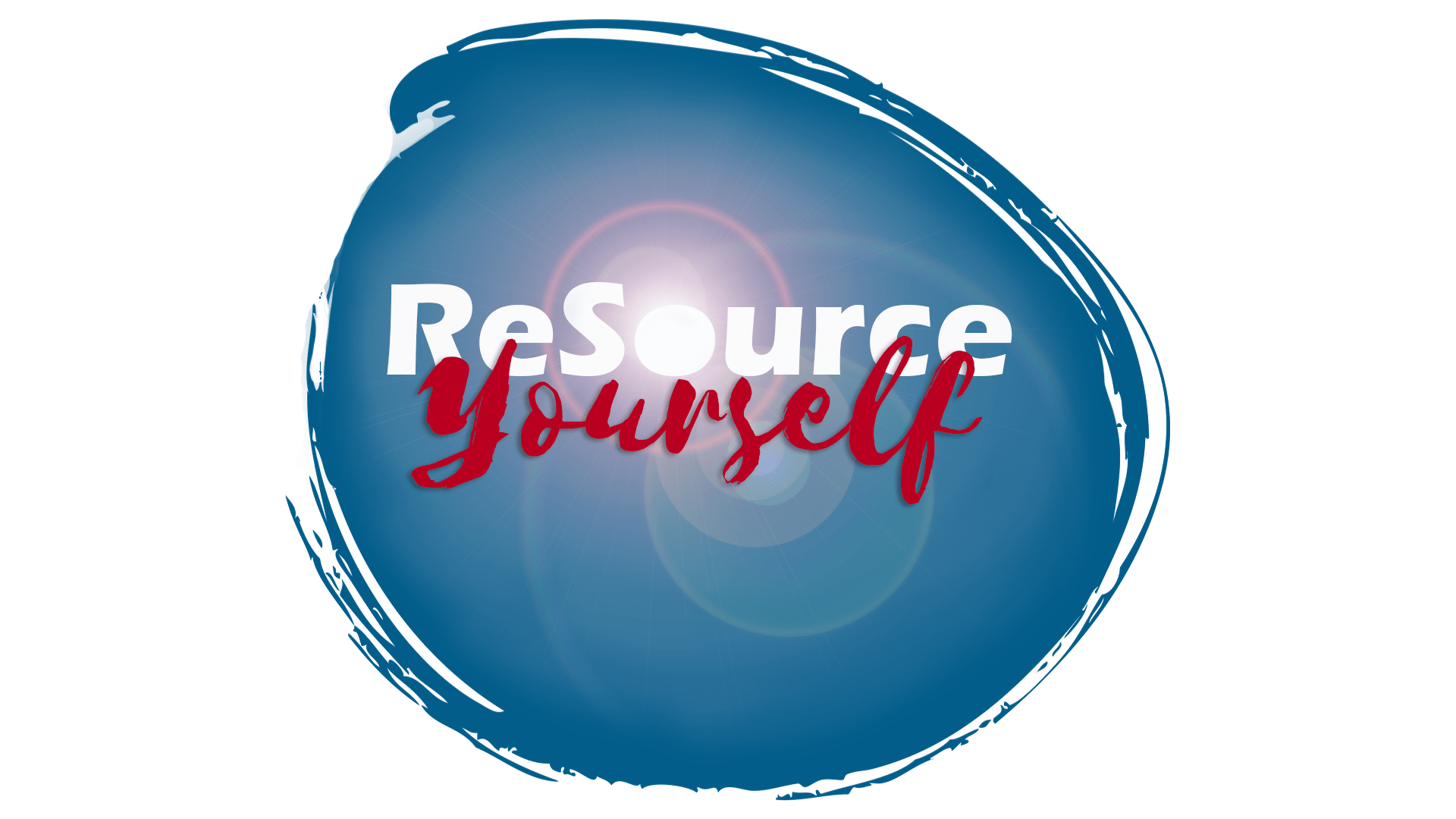Acceptance is the key to a happy life. But in our everyday life we find many examples of rejection. We reject ourselves and others. We look into the mirror and think “I’m so fat!”, or we ride our car and get angry because someone squeezed in just in front of us. There is a vast variety of situations when we wish things to be different.
To accept ourselves is the first step to accepting other people or a certain life situation. When we first direct our attention and our focus towards being able to accept things as they are, the way to more freedom and satisfaction can open up.
That which we reject in other people is the same as that what we reject in ourselves. We don’t want to have certain emotions or character traits, and we don’t want to even perceive them. When we are angry at someone else, we disrespect or devaluate them, this may have to do with those interior parts that we reject in ourselves.
If we look at it like that, it doesn’t matter where we start accepting – first with ourselves or with the people that surround us. In any case, it is about respecting that we as humans are not perfect, and that we cannot be. It is about respecting that we all have our limits and that there are at least 2 perspectives to any given situation – a negative and a positive one. We have to accept the reality that we are not perfect, and that our “negative” feelings and thoughts, before anything, are just and simply there.
How to Learn to Accept Yourself
The basic formula that leads to acceptance is quite simple. It is “be in the here and now”. When we have strong emotions, or we feel somehow bad, we can grant ourselves a few quiet minutes without distraction. We start to observe our own feelings, where we perceive them, how they are. We ask ourselves „How do I know that I feel this emotion right now“, „and how is this for me to be perceiving it right now?” Maybe we can observe how thoughts come and go. This is how we can simply let go of the whole “story” that usually unwinds about our emotions. We can see that any explanation about their cause, origin, guilt or our feelings’ consequences is simply a chain of thoughts that appears in the moment. Every time, when our observation prompts us to act or to decide, even then, we can get back to our observing position and look at that impulse to do something. We observe how it appears, how it is here, it changes, and disappears after a while. In this perspective there is no one who judges, because any judgment is no more than a thought that appears – but has no relevance for our actions.
The majority of people who try this exercise feel calmer after just a few moments. Frequently, the emotions dissolve simply by feeling them. This approach sounds simple, but it not always is! Our whole life we have learned to take responsibility, to DO something. The belief is deeply rooted in us that we are not worth anything without action, and so we start feeling bad. We have also learned, that feelings such as anger, sadness, pain, mourning, envy or guilt are „bad emotions“. For most of us it is very difficult to even feel and perceive these emotions. Actually, we do everything in our power to avoid them.
Distraction from the Way of Acceptance
When we intend to perceive and feel whatever there is inside, different impulses arise which normally “force” us into DOING something. They are our learned strategies, and they try to distract us from this way. This happens both in the ReSource Yourself(c)sessions with a professional companion, and frequently in our everyday life:
- All of a sudden we are tired and cannot concentrate.
- We have the thought that we have to DO something urgently now.
- Be get hungry or feel like eating.
- We speak about another person and his or her problems instead of focusing on our own.
- Suddenly we feel pain or some other kind of physical distraction.
- We have the urge to smoke or drink some alcoholic beverage.
- We feel like relaxing and distracting ourselves by watching TV or playing computer.
- …
Each of us has their own behavioral pattern which more or less works for us in everyday life. Only when problems pile up, when we get sick of experiencing the same situation over and over, may times it’s only then that we find the inner strength and volition to focus on ourselves, to feel, to perceive, to see – even if there is no way we can enjoy that in the beginning. The way towards acceptance for ourselves, for others and for life leads through unknown territory, and frequently we prefer to return and chose what we already know: Anger, accusations, judgments, or feeling as the victim.
What happens when we follow those distracting impulses? At first it is quite human to be distracting and entertaining ourselves. And many times, it does not even have immediate consequences. But in the long-term, those behavioral patterns can impede our growth. We can become sick, feel apathetic or unhappy. In the long run and when living excessively, those behaviors can lead us into different kinds of dependence, for example on certain substances (alcohol, drugs, food), on relationships, on recognition, shopping or other material objects. Then we need those objects in order to avoid feeling our emotions or rejected inner parts. It’s evident where that leads: We lose the touch with ourselves and the ability to make free decisions, because we are dependent on someone or something.
Acceptance and Happiness
Acceptance means to be conscious of our thoughts and feelings without wanting to change them. When we can admit our weaknesses, feelings and thoughts and allow them to be there, there is no way we can be attacked or hurt by anyone. Any outside criticism possibly imaginable then changes into something that we can observe, too, or which we can “allow” the other person to see. We don’t have to defend ourselves or to contradict the observation. And that is what truly frees us – in every sense of the word. We can accept that others can be mistaken in their judgments about is, and that their point of view is nothing more than their perception.
We are free to see our surroundings and take decisions as they seem right and good to us, without repeating the same patterns over and over. We are free to say what we want, not what our addiction or dependence causes us to say.
When we direct our attention to accepting ourselves and that which we perceive, we can start to experience ourselves as the source of strength and happiness. We don’t need other people, things, or substances in order to accept and feel good about ourselves. Instead, we learn to value and appreciate what we have and what we are.
So what is real happiness in this context? We are happy, when we and the others can be exactly as we are… when it’s acceptable that, just now, we feel worthless or are angry at our partner. When we realize, that all these thoughts and perceptions disappear just as they have come, and when in consequence we can admit that they are there now, that’s when we can find happiness in this acceptance.
Unconditional Acceptance as Part of the ReSource Yourself Process
I am searching for this way of acceptance both in my private and professional life. I know resistance as something human and accept my clients in their situations without any condition. Sometimes this feeling accepted by another person is already what it takes to find a perspective of patience, love or recognition towards ourselves. And it’s exactly that perspective that allows us to find the best solutions.
I support my clients when they want or have to feel their reality at the moment. I help them to break with the old patterns. I support them in their life situation and in becoming more conscious of it. I offer a positive relationship full of acceptance, in order to make it easier for the clients to discover and accept themselves just as they are.
The individual sessions of ReSource Yourself(c) are about finding this inner peace and our own inner resources. Just as the name says, it’s about finding the way back (re) to the source (source) of the own resources . The best way to this inner perspective is through acceptance.
| |
FREE GIFT: Click here to get Katharina Seidler’s ebook “Three Keys to Manifesting Abundance” to learn how to bring more meaning, abundance and love into your life!
|


